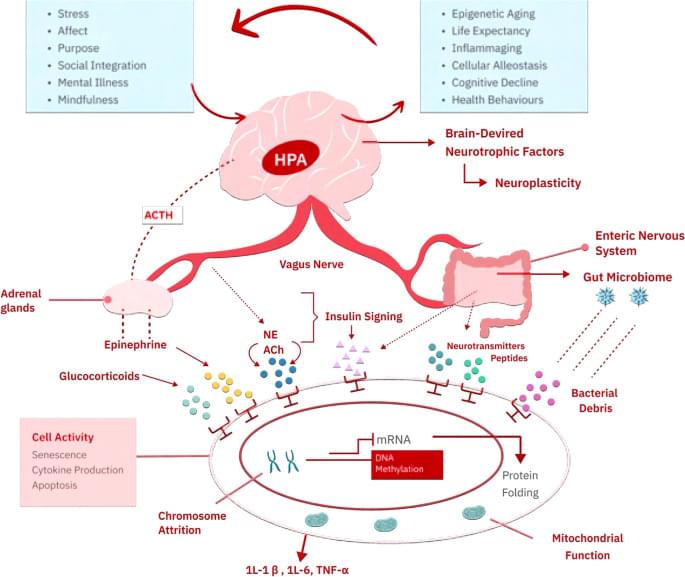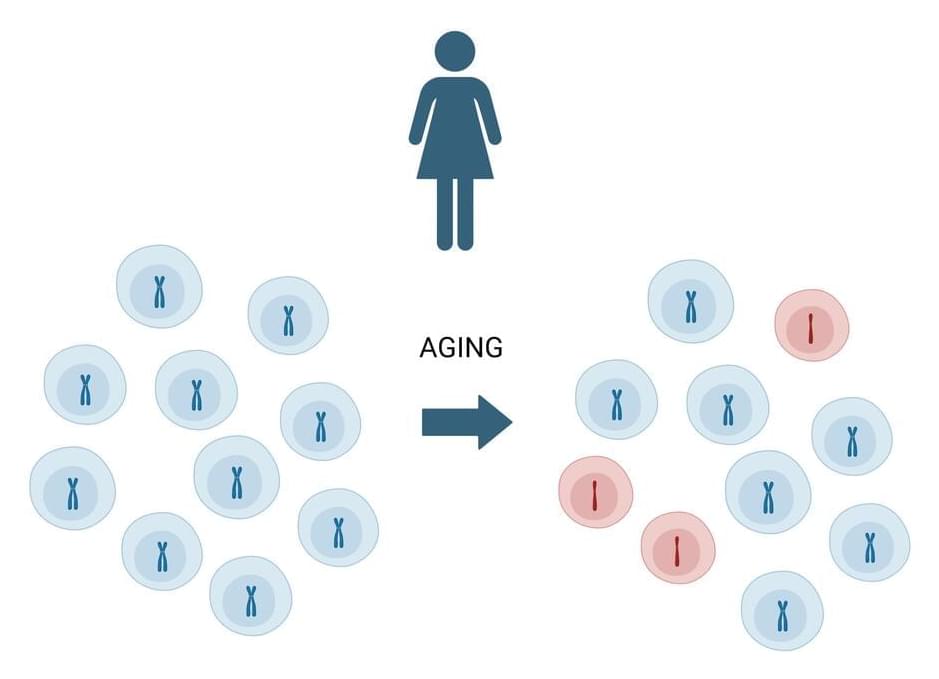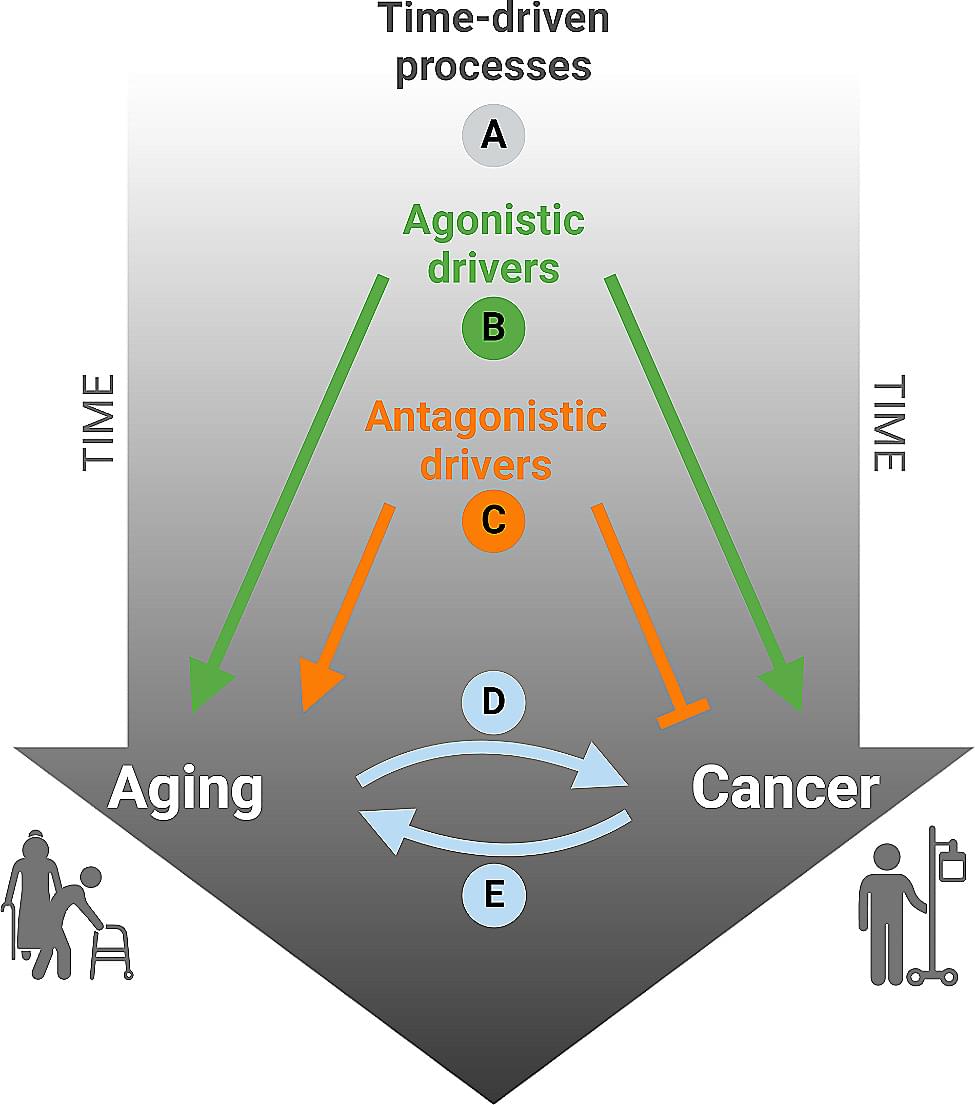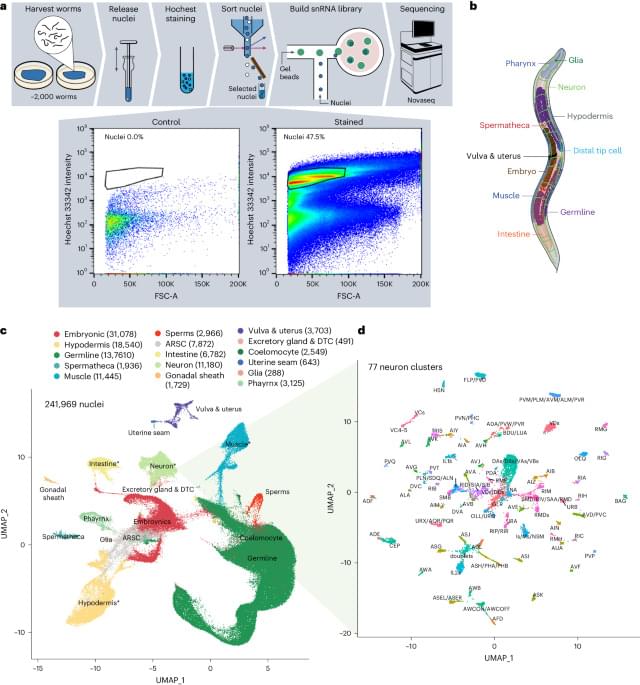For over five decades, futurist Raymond Kurzweil has shown a propensity for understanding how computers can change our world. Now he’s ready to anoint nanorobots as the key to allowing humans to transcend life’s ~120-year threshold.
As he wrote—both in the upcoming The Singularity is Nearer book (set for release on June 25) and in an essay published in Wired —the merging of biotechnology with artificial intelligence will lead to nanotechnology helping “overcome the limitations of our biological organs altogether.”
As our bodies accumulate errors when cells reproduce over and over, it invites damage. That damage can get repaired quickly by young bodies, but less so when age piles up.








